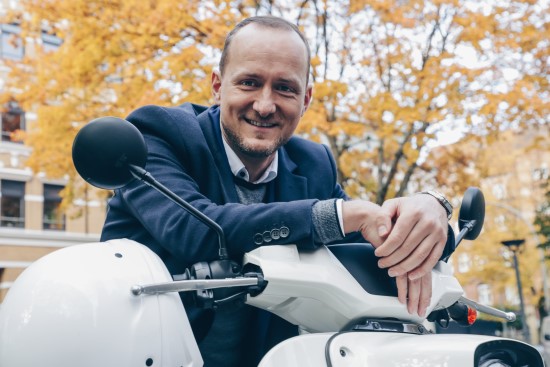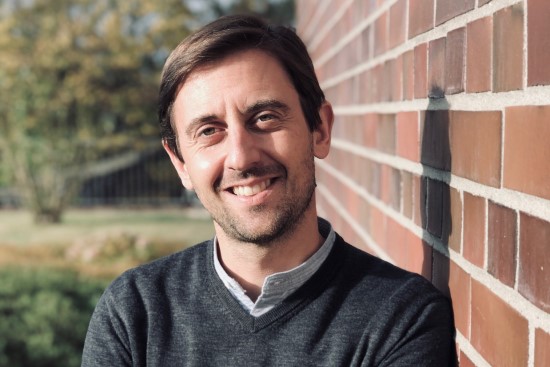MATSEN CHEMIE AG
The German start-up MATSEN CHEMIE AG is specialized in environmental friendly chemical distribution, focusing on products made from renewable raw materials. With their unique, climate-conscious approach in chemical distribution, MATSEN CHEMIE AG offers advanced raw materials with low environmental impacts, supporting its customers in achieving their own sustainability goals. For these reasons MATSEN CHEMIE AG has been chosen as ISC3 Start-up for the month of October 2020.
Year of Foundation:
November 2016
Addresses the following SDGs:
9 (industry, Innovation & infrastructure), 12 (responsible consumption & production), 13 (climate action)




